Annona Squamosa, popularly known as custard apple, is one of the widely available fruits in the world. Lopsided or sometimes heart shaped, the fruit is sweet in taste and goes by various local names. The thin but hard peel of the fruit gives way to a sweet and juicy pulp containing dark coloured seeds. The fruit is very sweet and delicious that can gives you a range of health benefits. Custard apple is an good source of vitamin C (anti-oxidants), fibre, vitamin A, B2, B3, B5, B6, iron, manganese, magnesium, phosphorus and potassium. Potassium and magnesium protect our heart and control blood pressure. Custard apple is safe to eat in pregnancy also.
Information
Package Size: 10 seeds per pack
Germination Rate: 75%
Germination Time: 14 – 21 Days
Germination
- Use a permanent marker to write the type of seed you are germinating on each plastic zipper bag. This is especially helpful if you are germinating a lot of different types of seeds.
- Open each plastic zipper bag and flex the opening a few times to loosen it. This will make it easier to slide the paper towels containing the seeds into them.
- Dampen a paper towel with clean water. Wring it out carefully so that it is thoroughly moist but not dripping.
- Spread the damp paper towel out on a clean, flat surface. Place your seeds on one half of the paper towel, leaving some space between them. Don’t overcrowd the towel.
- Fold the empty half of the paper towel over the seeds, being careful not to squash them. Place the folded paper towel into the appropriately labeled plastic zipper bag, and seal the bag. Repeat with your remaining seeds.
- Place the zipper bags of seeds in a warm place away from direct sunlight. The top of the refrigerator is usually a safe place for the seeds to rest undisturbed, but any area that is out of direct sunlight and maintains a temperature between 70 and 80 degrees Fahrenheit will do.
- Check on the seeds every other day. Open the zipper bag to allow fresh air to enter, and check to see if your seeds have sprouted. Times will vary according to the type of seed you are germinating. For example, cucumber, lettuce and turnip seeds will sprout in about three days; onions and peas take six days; asparagus can take as long as 10 days.
- Once your seeds have sprouted, plant them in pots or outdoors, discarding any seeds that did not germinate.
Tip
Keep tweezers on hand to help you plant the more delicate seedlings. Poke a hole in the soil with your finger and set the seedling gently into it rather than trying to shove the baby plant into the soil.
Warning
Do not soak the paper towels, because the combination of too much water, no light and warmth can encourage mold, which can harm your seeds.
| Weight | 0.003 kg |
|---|---|
| Dimensions | 10 × 10 × 0.5 cm |




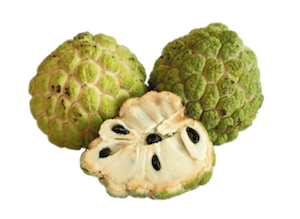







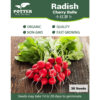

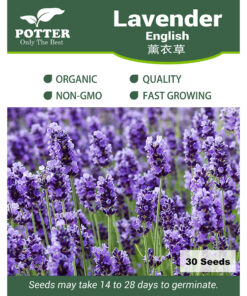


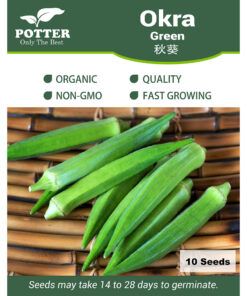

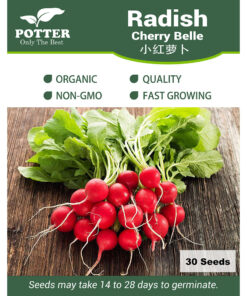


Reviews
There are no reviews yet.